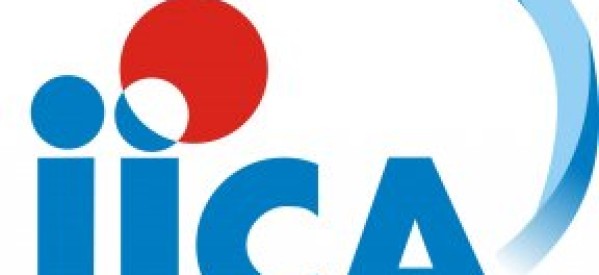Bangladesh power sector looks to light up with major Japanese funding

The power sector awaits a big boost, as Japan is likely to provide about US$ 3.7 billion in the form of a soft loan for setting up a 1200-megawatt (MW) coal-fired power plant in Cox’s Bazar, officials said.
If approved, it will be the biggest ever financial support from Japan for a single project.
“We discussed the issue with a Japanese team in Dhaka last week. They assured us of providing the financial support to generate electricity from coal,” a senior official of the Power Division was quoted as saying.
The mission from the Japan International Cooperation Agency (JICA) was in Dhaka last week for discussing details about the funding and other aspects of the proposed second largest thermal power plant at Matarbari in Cox’s Bazar, he added.
As part of the initiative of the government of Bangladesh (GoB) to diversify fuel-based power generation, the Power Division earlier signed a joint-venture deal with the Indian electricity generation company NTPC on April 20 last. Under the deal, a thermal power plant will be set up at Rampal in Bagerhat to generate 1320mw electricity.
The Power Division official said the proposed JICA-funded plant at Matarbari opposite the Kutubdia Island in the Bay of Bengal would have two units having the capacity of 600 MW each.
A total of US$ 3.95 billion would be required for installing the coal-based plant and setting up a port in the deep sea for unloading imported coal. The JICA offered to provide $ 3.69 billion in the form of concessional loan for the project, he added.
According to a feasibility study conducted by the JICA, power generation at the plant would cost Tk 7.3 per kilowatt-hour (Kwh), Tk 8.31 less than the production cost at the oil-based rental power plants.
The study said the government would be able to save Tk 70 billion a year by generating electricity from coal, instead of oil.
“The JICA mission in Dhaka sat with the Economic Relations Division (ERD) on April 25 for a wrap-up meeting on its assured funding. At that meeting, the highest-ever Japanese loan was pledged,” said a senior ERD official.
The JICA team already met the officials of Power Division, Bangladesh Power Development Board, Power Generation Company of Bangladesh and other related agencies of the government before pledging the multi-billion-dollar loan, he said.
Apart from the power plant and the deep-sea port, the government would also use the JICA support for building a coal stockyard and a link road as well as for installing a 400-kilovolt transmission line, measuring 61.5 kilometres from Matarbari to Anwara.
Power plants in the country are heavily dependent on natural gas for electricity generation, which has made its supply at risk in the absence of any new discovery of natural gas.
The share of gas in the total power generation is now 82.12 per cent, oil 12.61 per cent, hydro 2.78 per cent and coal 2.49 per cent.
Under the master plan-2010, the government has taken initiatives to generate 15,000MW power by 2016.
The government during its current tenure added so far about 3,845 MW of power to the national grid in last four years, raising the total generation, in both public and private sectors, to 8,525 MW as of March last, the Power Division stated.
According to the power sector master plan, the generation capacity should be 39,000 MW by 2030.
The plan suggested adoption of the fuel-mixed option for power generation as follows-use of domestic coal up to 30 per cent, imported coal, 20 per cent, natural gas including LNG, 25 per cent, liquid fuel, 5.0 per cent, and nuclear, renewable energy and imported power, 20 per cent.
The India-Bangladesh 1320MW coal-fired power plant will be set up by 2016.
Bangladesh Power Development Board (BPDB) and Indian National Thermal Power Corporation (NTPC) will implement the $1.5 billion project on a 50-50 equity basis, as per the deal.






